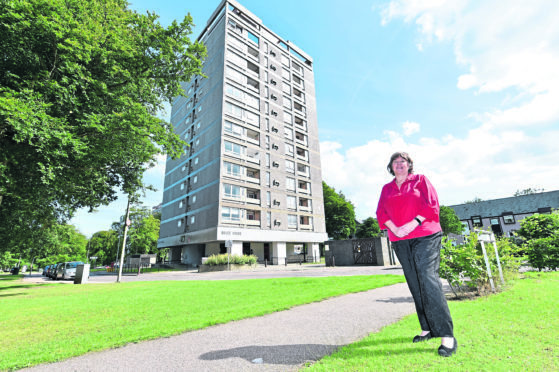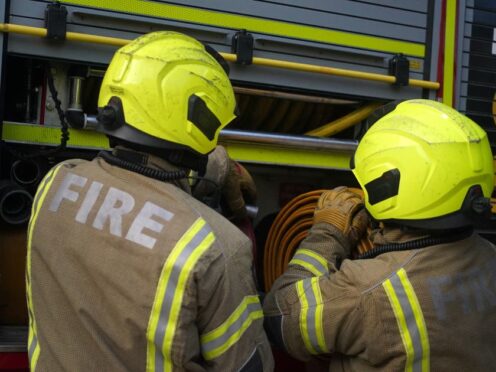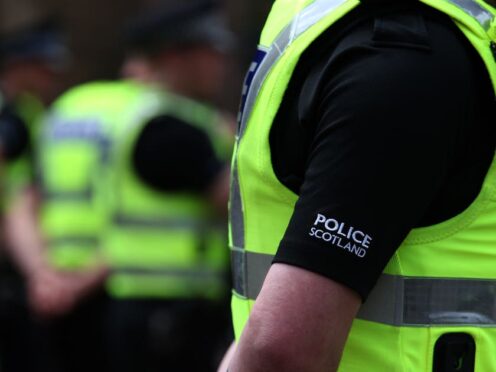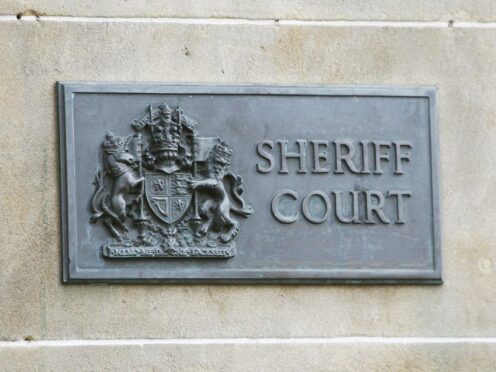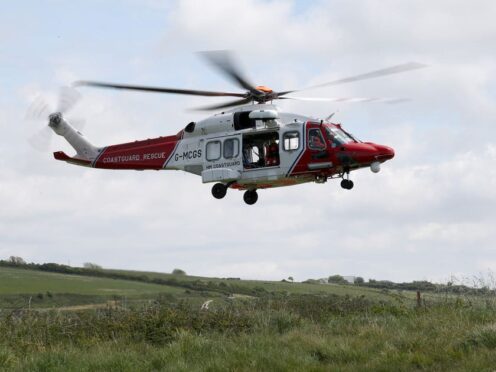People across Scotland are falling through the gaps due to a lack of support for homelessness services, according to a new report.
The study, by charity Shelter Scotland, found that 34,972 households applied as homeless in Scotland over 2017-18 – the first time this number has risen in almost a decade.
>> Keep up to date with the latest news with The P&J newsletter
The largest increases in applications were in North Ayrshire, Perth and Kinross, and Aberdeen City.
Being “asked to leave” was given as the most common reason for making a homelessness application, making up a quarter of all applications.
A dispute within the household or a relationship breakdown was given as the second most common reason.
Shelter Scotland has called for “urgent action” to prevent the situation from worsening.
Director Graeme Brown said: “We know that there is a lot of excellent work being carried out by people working in homelessness services across Scotland and there is a commitment at national and local government levels to do more.
“However, this new analysis matches the experience of our frontline services, that mental health issues and complex needs among people presenting as homeless are on the rise and is of increasing concern to us.
“From health to housing support and homeless prevention services, significant investment and cross-organisational working is vital to help tackle many of the issues highlighted in the report.”
Last month The Press and Journal revealed shocking figures showing that the city is home to 20 foodbanks, far more than many other places in Scotland.
Sandra Macdonald, Aberdeen City Council’s housing spokeswoman, said: “There has been an increase in the stats but we are doing an awful lot of work in this area.
“We are benefitting from the Housing First service through Social Bite and we have things like a rapid rehousing approach for prison leavers and care-experienced children.
“There are other short-term solutions but crucially we need to build more homes, and we are doing that.”
Mike Burns, the chief executive of Aberdeen Cyrenians, said his organisation is dealing with around 6,000 requests for help every month.
He said: “We recognise that there has been a particular focus on young people coming to us in the last five or six months.
“And we are seeing an awful lot of people coming to us concerned about universal credit.
“When we look at the impact of what we are dealing with, I imagine we will see more people as it is rolled out further.”
Reductions to benefits across the north and north-east
Hundreds of families in the north and north-east have had their incomes lowered as a result of the benefits cap.
New government figures have revealed that 1,336 households in the region have been affected by the move, which was rolled out across the UK in November 2016.
This reduced the total annual benefits someone could receive from £26,000 to £20,000 as a “clear incentive to move into a job”.
According to the stats, released by The Department for Work and Pensions, a total of 537 single parents have had reductions in their benefits with more than 2,699 children affected.
In total, 590 households across all of the council areas in the north and north-east are at least £50 per week worse off than they were before the cap was introduced.
Aberdeen Central MSP Kevin Stewart said: “I see the impact of Tory benefit cuts on a daily basis in my constituency.
“Our welfare system is meant to be a safety net to help those most in need – instead the Tories punish the poorest in society, taking money families who are already struggling to get by.”
Work and Pensions Secretary Esther McVey said the welfare reforms are “supporting more and more people into work”.
She added: “The benefit cap ensures we have a fairer system – fair for the taxpayer and fair for claimants – as well as a system that incentivises work.
“So it’s not surprising that we now have the lowest unemployment figures since 1975.”
